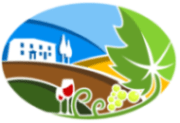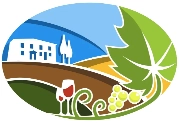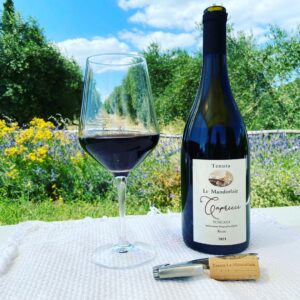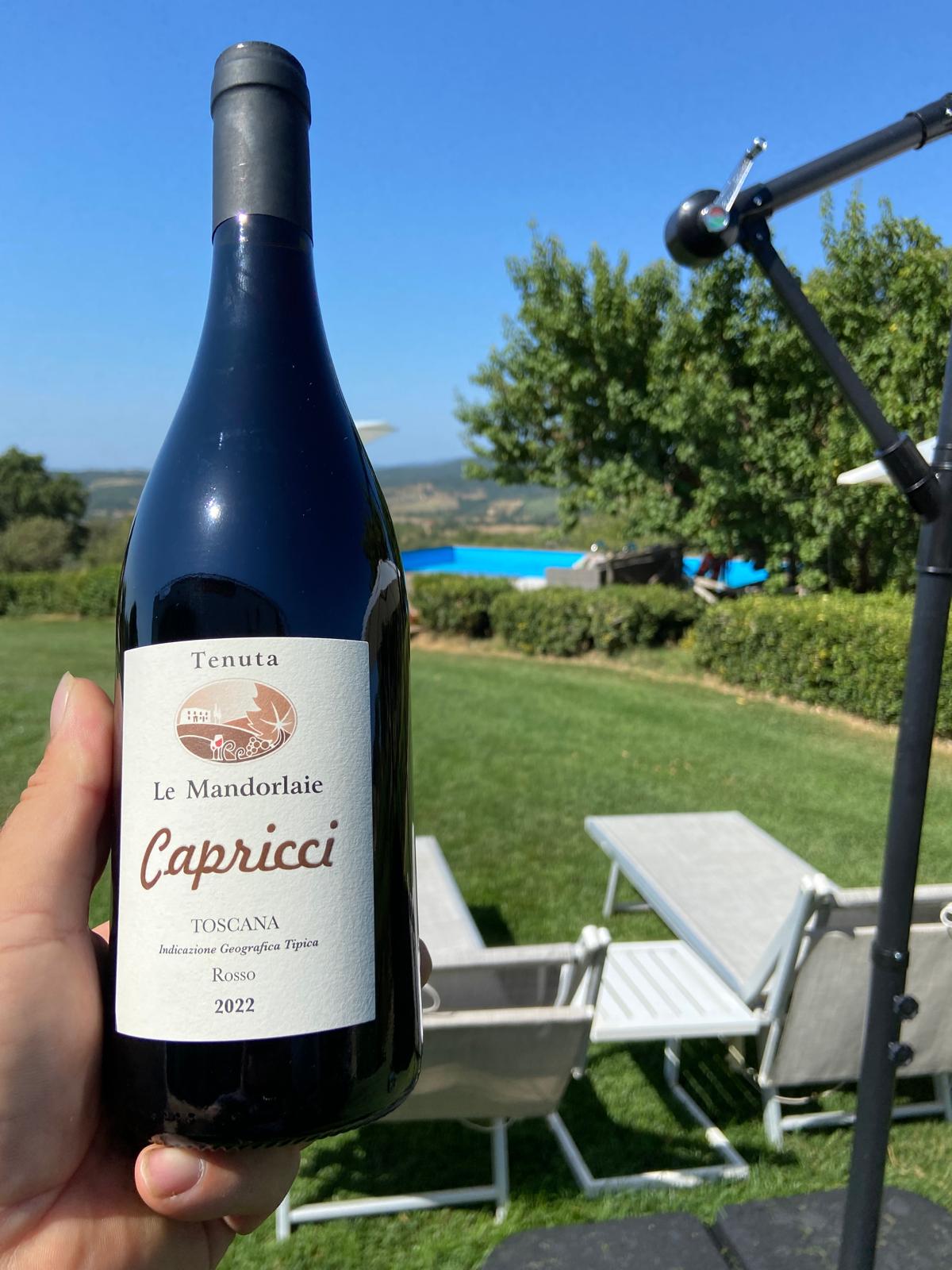
Japan’s unique and evolving relationship with Tuscan wine from Italy
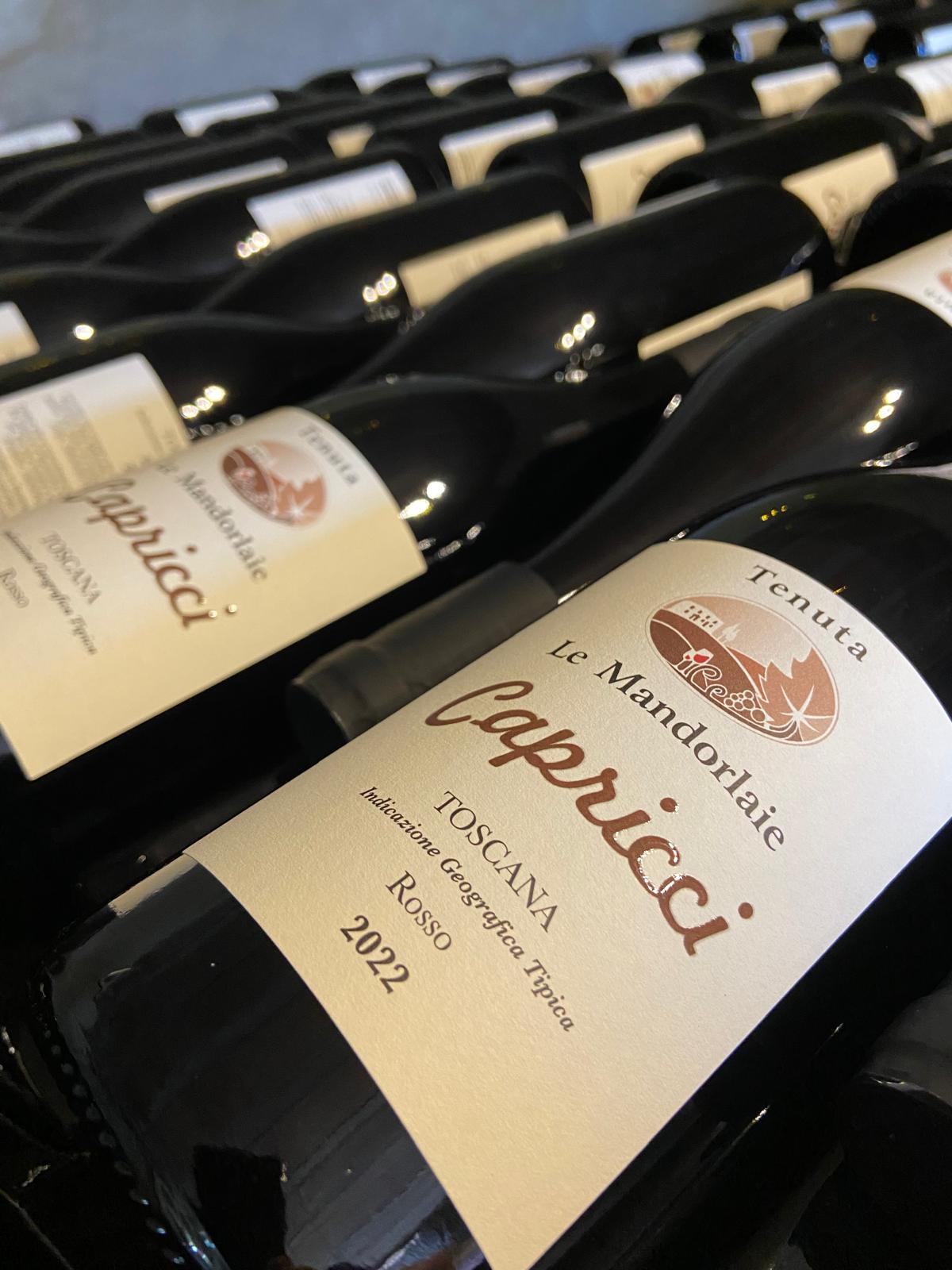
Japan and Tuscan wine, Historical Context
Historically, Japan was not a wine-drinking country. Sake and beer were the dominant alcoholic beverages for centuries. However, the introduction of Western culture during the Meiji Restoration in the late 19th century marked the beginning of Japan’s exposure to wine. Initially, the Japanese found Western wine too strong and preferred sweeter varieties. Over time, however, palates evolved, and the modern Japanese wine market began to develop in earnest during the latter half of the 20th century.
Current Japanese wine Trends
In contemporary Japan, wine is increasingly popular. The Japanese wine market is one of the fastest-growing in Asia. Consumption is driven by several factors:
Health Consciousness – Wine is perceived as a healthier option compared to other alcoholic beverages.
Cultural Shift – Western cuisine and dining customs are more prevalent, making wine a natural pairing.
Sophistication and Prestige – Wine, especially fine wine, is associated with a sophisticated lifestyle.
Education and Accessibility – Improved knowledge about wine and easier access to a variety of wines have also contributed to its popularity.
Tuscan Wine, An Overview
Historical Significance
Tuscany is one of the most renowned wine regions in the world. The region’s winemaking history dates back to the Etruscans in the 8th century BCE. Tuscany is celebrated for its picturesque landscapes, historic vineyards, and exceptional quality wines.
Notable Tuscan Wines
Chianti
Perhaps the most famous Tuscan wine, Chianti is typically made from Sangiovese grapes. It ranges from light and easy-drinking to complex and age-worthy.
Brunello di Montalcino
This high-end wine is also made from Sangiovese grapes but comes from a specific clone known as Sangiovese Grosso. It is known for its deep color, rich flavor, and long aging potential.
Vino Nobile di Montepulciano
Another prestigious wine made predominantly from Sangiovese grapes, this wine is known for its balance and elegance.
IGT Toscana Rosso
These are innovative wines made from the Sangiovese grape and sometimes blended with non-indigenous grape varieties like Cabernet Sauvignon and Merlot. They emerged in the late 20th century and have gained international acclaim for their quality and bold flavors, one such wine is Capricci, our oak aged, single vineyard IGT Toscana Rosso.
Japanese Appreciation for Tuscan Wine
Cultural Affinity
Japanese consumers have a deep appreciation for quality and craftsmanship, traits that are synonymous with Tuscan wines. The meticulous care and tradition that go into producing Tuscan wines resonate well with the Japanese ethos of perfection and refinement.
Palate Preferences
Japanese cuisine emphasizes balance, subtlety, and umami, which can be beautifully complemented by the nuanced flavors of Tuscan wines. For instance:
- Chianti’s acidity pairs well with the rich umami flavors found in soy-based dishes.
- Brunello di Montalcino with its complex layers can complement the flavors of high-quality wagyu beef.
- IGT Toscana Rosso offer versatility, pairing well with both Japanese and Western dishes, appealing to Japan’s increasingly global palate.
Market Presence
Tuscan wines have a strong market presence in Japan. Many top Tuscan wineries have established import partnerships, ensuring a steady supply of their wines to the Japanese market. Wine shops, high-end restaurants, and even supermarkets in Japan often feature a selection of Tuscan wines.
Wine Education and Tasting Events
Wine education has played a crucial role in promoting Tuscan wines in Japan. Wine tasting events, often hosted by Italian wine experts, provide Japanese consumers with the opportunity to learn about the rich history and intricate production methods of Tuscan wines. These events also allow consumers to develop an appreciation for the subtle differences between various Tuscan wine styles.
The Role of Sommeliers and Wine Experts
Influence of Sommeliers
Sommeliers in Japan hold a significant influence over wine preferences and trends. The rise of professional sommeliers has been notable, with many Japanese sommeliers gaining international recognition. These experts often advocate for Tuscan wines due to their versatility and quality, further enhancing their popularity.
Wine Certifications
Japanese wine professionals often pursue certifications such as the Japan Sommelier Association (JSA) or the Court of Master Sommeliers. These certifications emphasize a comprehensive understanding of global wine regions, including Tuscany, and contribute to a more informed and discerning consumer base.
Economic and Social Impacts
Economic Benefits
The import of Tuscan wines has economic benefits for both Italy and Japan. For Italy, Japan represents a lucrative market that appreciates high-quality wines, providing a steady stream of revenue. For Japan, the availability of prestigious Tuscan wines enhances the country’s culinary and hospitality sectors, attracting wine enthusiasts and connoisseurs.
Social Dynamics
Wine consumption in Japan is often associated with social events and gatherings. The choice of wine, especially high-end Tuscan wines, can be a status symbol and a topic of conversation, reflecting one’s sophistication and knowledge. This social aspect of wine drinking helps to sustain and grow the market for Tuscan wines in Japan.
Future Prospects
Increasing Demand
The demand for quality wine in Japan is expected to continue growing. As more Japanese consumers develop a taste for wine, the demand for premium options like those from Tuscany will likely increase.
Sustainability and Organic Wines
There is a growing interest in sustainability and organic products in Japan. Tuscan wineries that emphasize organic and biodynamic practices may find a particularly receptive market in Japan, aligning with the increasing consumer preference for environmentally friendly products.
Technological Advancements
Advancements in technology, including e-commerce platforms, have made it easier for Japanese consumers to access a wide variety of wines. Online wine shops and delivery services have expanded the reach of Tuscan wines, making them more accessible to a broader audience.
Japan’s wine culture is a fascinating blend of tradition and modernity, and its appreciation for Tuscan wine reflects a deep respect for quality and craftsmanship. Tuscan wines, with their rich history and exceptional quality, have found a special place in the hearts and glasses of Japanese consumers. The synergy between Japan’s sophisticated palate and Tuscany’s renowned winemaking heritage creates a promising future for the continued growth of Tuscan wine appreciation in Japan. As Japanese consumers become even more knowledgeable and adventurous in their wine choices, the bond between Japan and Tuscany’s wine regions is poised to grow stronger, benefiting both cultures and economies.
Learn more about Capricci IGT Toscana Rosso and wine export to Japan
Capricci, Our IGT Toscana, Italian Red Wine
-
Capricci Toscana IGT Rosso Tuscany Red Wine
Capricci Toscana IGT Rosso
Original price was: €16.80.€15.00Current price is: €15.00. inc. Sales tax
-
Capricci Toscana IGT Rosso 6 bottles
Capricci Toscana IGT Rosso
Original price was: €100.80.€90.00Current price is: €90.00. inc. Sales tax
